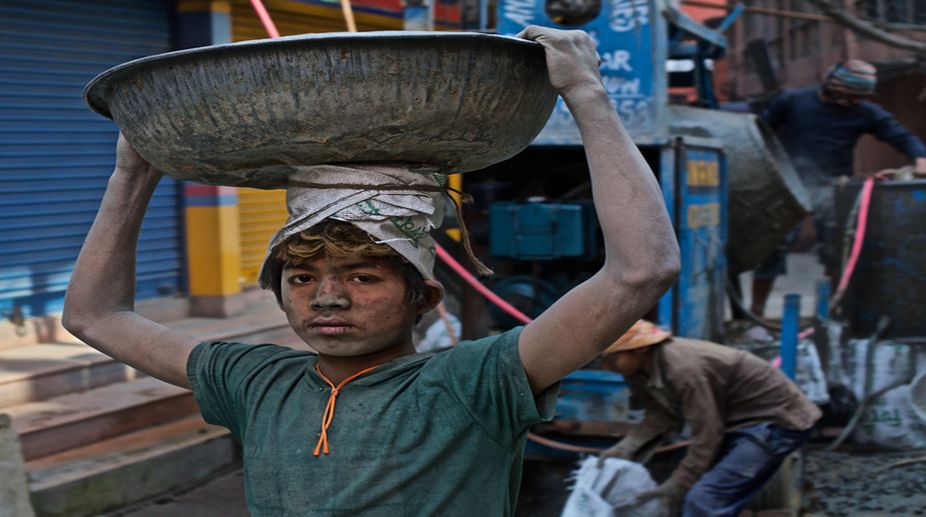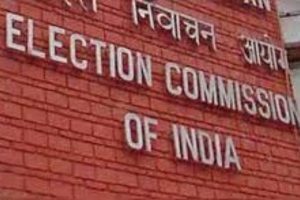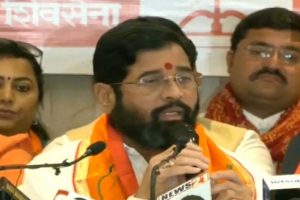Some of the recently enacted laws have legalised child labour in many sectors in India, representative of an Indian organisation that works against sex trafficking has told members of the UN General Assembly.
Ruchira Gupta representing Apne Aap Women Worldwide, an award-winning organisation that works against sex trafficking in India, in her address to a high-level meeting of the General Assembly said, there are two laws “which are very very problematic” and will have a very dangerous impact on poorest of the poor girls.
One was passed in September last year, she said in her remarks on Wednesday.
“That law has legalised child labour in my country in many sectors like family-based enterprises and audio-visual entertainment. It has also removed the ILO-IPEC list of hazardous industries that children should never be employed in,” she alleged.
The second law in the works is trying to delink trafficking from sexual exploitation, Gupta said.
“Both laws together will make 80 per cent of victims of human trafficking for sexual and labour exploitation invisible,” she said.
It will create data that will show a decrease in human trafficking in India, but it will increase the numbers of child labourers and prostituted children, Gupta said.
“Trafficking is for both sexual and labor exploitation and we need to combat both as we implement the Global Plan of Action to combat trafficking,” she said.
Gupta was one of the few representatives from the NGO sector who were allowed to speak at the high level meeting of the UN General Assembly on human trafficking.











